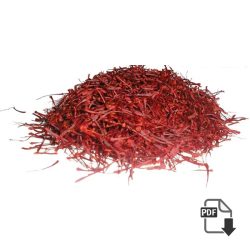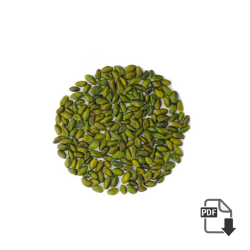A Nutritional Powerhouse
Thyme, a fragrant herb commonly used in cooking, is not just a flavorful addition to your dishes but also a powerhouse of health benefits. Packed with vitamins, minerals, and antioxidants, thyme has been celebrated for centuries for its medicinal properties. In this article, we’ll explore the remarkable benefits of thyme and how you can easily incorporate it into your diet for a healthier lifestyle. The Incredible Benefits of Thyme
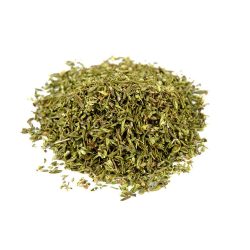
What is Thyme?
Thyme (Thymus vulgaris) is a perennial herb from the mint family, known for its tiny green leaves and aromatic flavor. It’s widely used in various cuisines around the world, from Mediterranean to Middle Eastern dishes. Beyond its culinary uses, thyme is rich in nutrients that can enhance your health in numerous ways. The Incredible Benefits of Thyme
https://www.irandriedfruit.com/thyme-exporters/
1. Nutrient-Rich Profile
Thyme is loaded with essential vitamins and minerals, making it a great addition to a balanced diet. A 100-gram serving of fresh thyme contains:
- Vitamin C: Supports the immune system and acts as an antioxidant.
- Vitamin A: Crucial for maintaining healthy vision and skin.
- Iron: Important for blood health and oxygen transport.
- Manganese: Essential for metabolism and bone health.
These nutrients contribute to overall health and well-being, making thyme an excellent herbal supplement.
2. Powerful Antioxidant Properties
Thyme is packed with antioxidants such as thymol and carvacrol, which help combat oxidative stress in the body. Antioxidants play a vital role in protecting cells from damage caused by free radicals, which can lead to chronic diseases like cancer and heart disease. Regular consumption of thyme can help bolster your body’s defense against oxidative damage.
3. Anti-Inflammatory Effects
Chronic inflammation can lead to a variety of health issues, including heart disease and arthritis. The anti-inflammatory compounds in thyme, particularly thymol, can help reduce inflammation in the body. Incorporating thyme into your diet may provide relief from symptoms associated with inflammatory conditions.
4. Respiratory Health Support
Thyme has been traditionally used to support respiratory health. Its natural antimicrobial properties can help alleviate coughs, bronchitis, and other respiratory issues. Thyme tea, made from steeping fresh or dried thyme leaves in hot water, can soothe sore throats and ease congestion, making it a natural remedy for respiratory ailments.
5. Antimicrobial Properties
Thyme’s strong antimicrobial properties make it effective against various bacteria and fungi. This herb can be used to preserve food and may help protect against foodborne illnesses. Incorporating thyme into your cooking can enhance food safety while adding flavor.
How to Incorporate Thyme into Your Diet
Adding thyme to your meals is simple and delicious. Here are some ways to enjoy the benefits of thyme:
1. Fresh or Dried Thyme
Use fresh thyme leaves in salads, marinades, and roasted dishes. Dried thyme can be added to soups, stews, sauces, and even baked goods for an aromatic flavor boost.
2. Thyme Tea
Brew thyme leaves in hot water for a soothing herbal tea. You can add honey or lemon for extra flavor and health benefits.
3. Herbal Infusions
Make thyme-infused oils or vinegars by steeping thyme in olive oil or vinegar. This can be a flavorful addition to dressings, marinades, and dipping sauces.

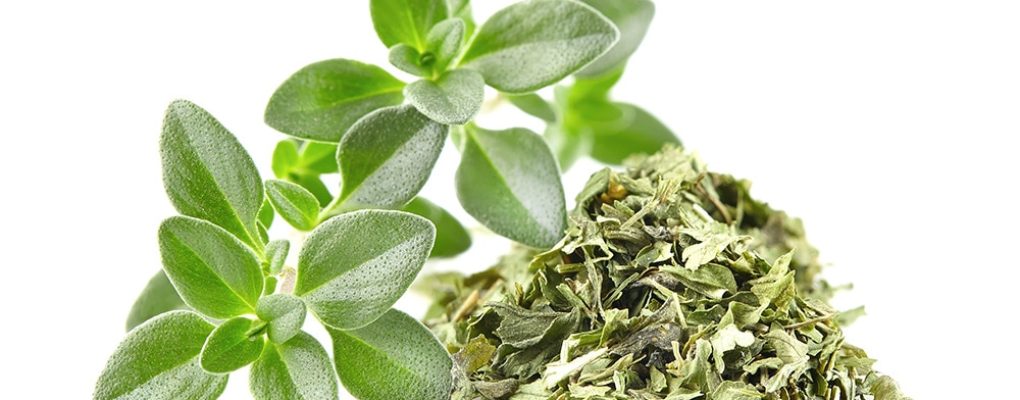
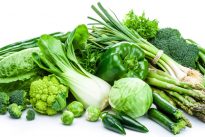



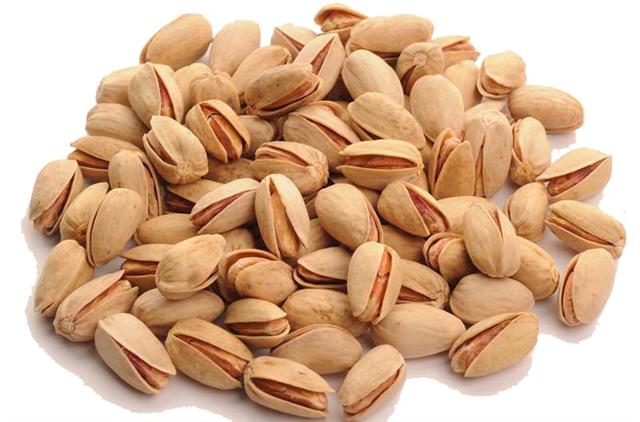
 3 kind raisin
3 kind raisin 

